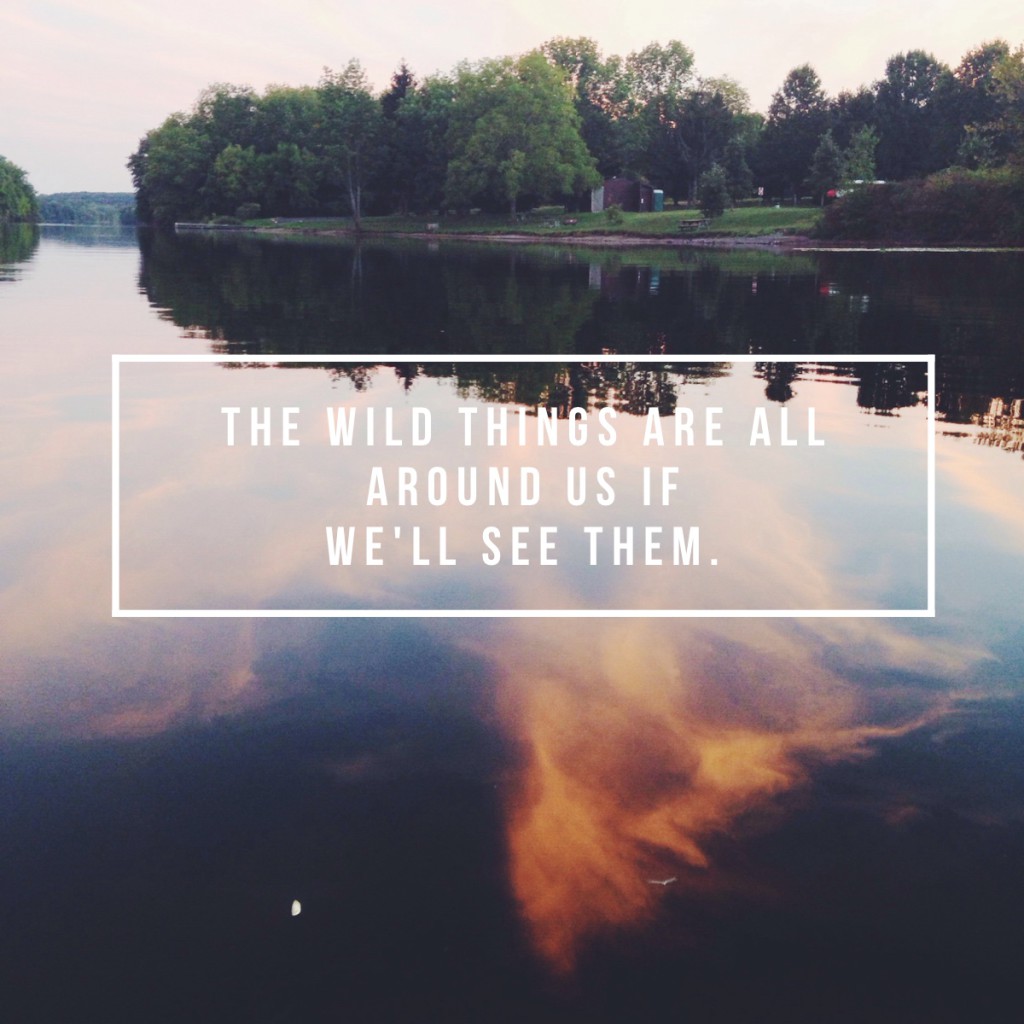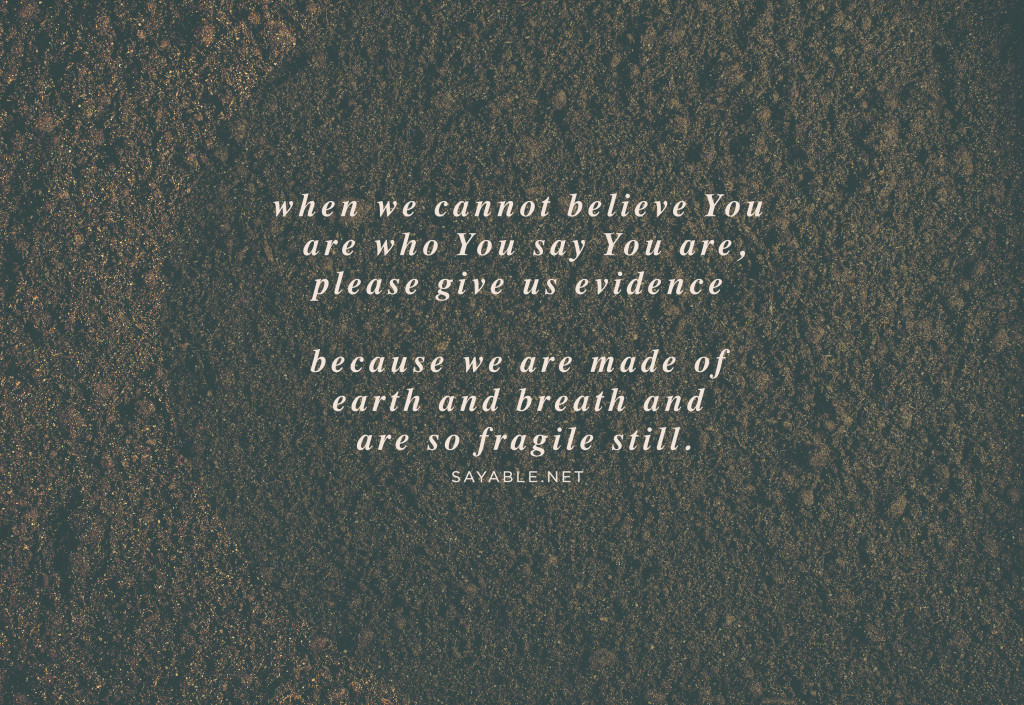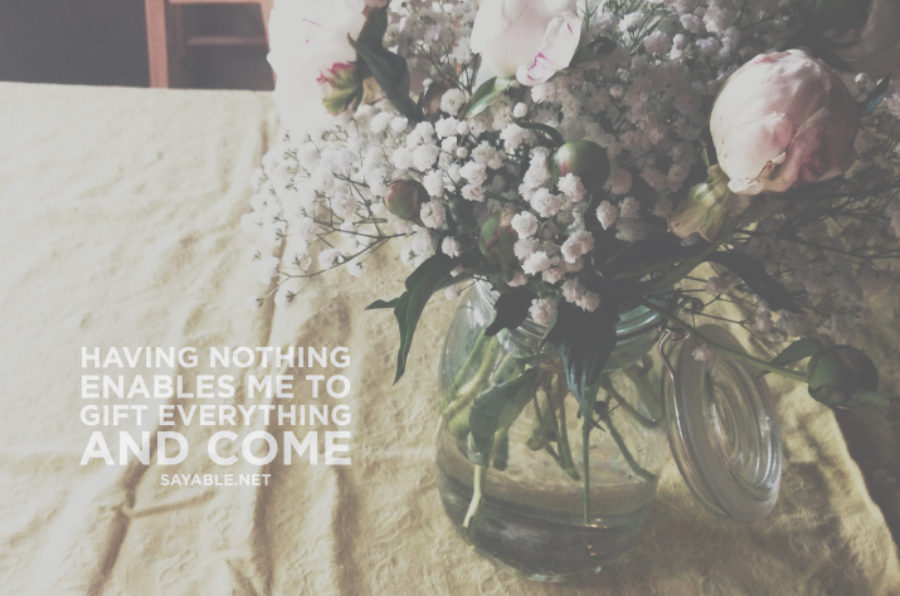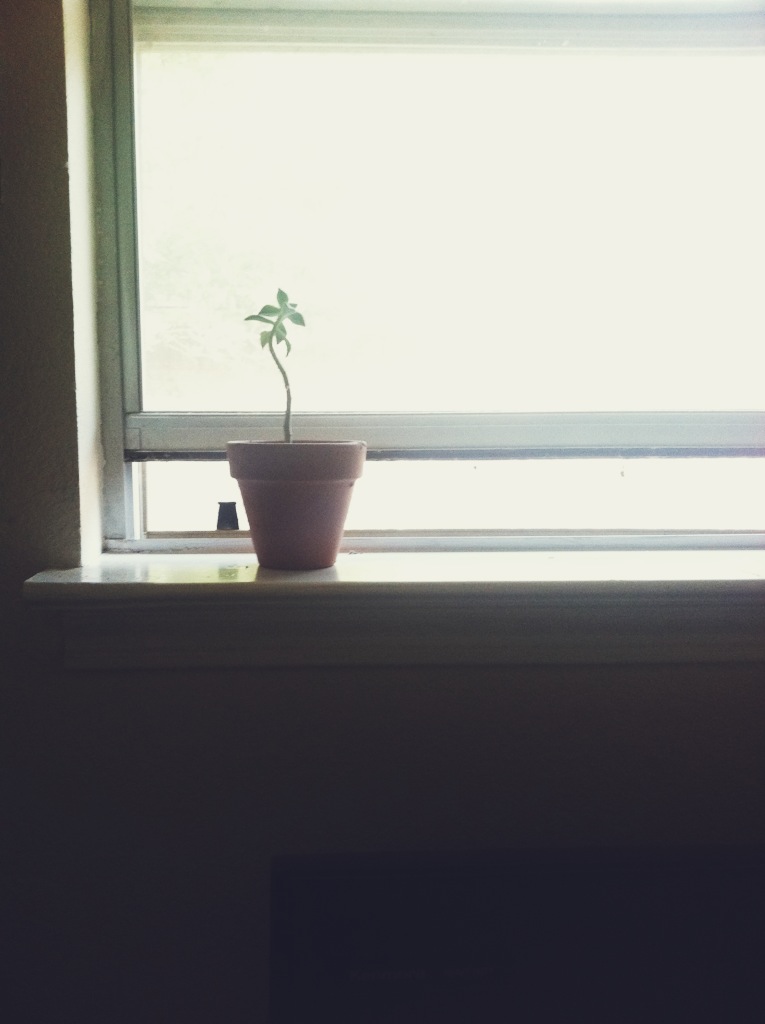The nearer we draw to the culmination of all things, the coming of Jesus Christ to reclaim what has been His all along, the more it seems people despise clarity.
If we think the Bible is clear on one matter there are ten thousand others who think our clarity is prideful at best and historically inaccurate at worst. See, they point to generations before who walked in unenlightened truth, they thought the Bible was clear too—and see how wrong they were?
I have been reading Colossians over and over again in the past week. Colossians has always seemed the simplest book to me, clear, concise, easy. It's a book that I point new believers to, and it's a book that is deeply comforting to me in moments when my own faith seems complicated.
Today I read the section under the title, Paul's Ministry to the Church. Would you read this? Read it slowly, read it as best as you can in Paul's pastoral voice to the Church in Colossea, but also to the Church here today (boldface mine).
"Now I rejoice in my sufferings for your sake, and in my flesh I am filling up what is lacking in Christ's afflictions for the sake of his body, that is, the church, of which I became a minister according to the stewardship from God that was given to me for you, to make the word of God fully known, the mystery hidden for ages and generations but now revealed to his saints.
To them God chose to make known how great among the Gentiles are the riches of the glory of this mystery, which is Christ in you, the hope of glory.
Him we proclaim, warning everyone and teaching everyone with all wisdom, that we may present everyone mature in Christ.
For this I toil, struggling with all his energy that he powerfully works within me."
. . . . . . . . . . . .
A few years ago I walked out of my local church with a new and powerful sense of trust in what God had worked in my life through the way I was parented. I don't talk often about my family here on Sayable, but bear with me here. No family is the ideal, mine included. If you were to ask my parents, they would (and have) confessed a litany of regrets—and trust me, each of their offspring bears the scars of their unfortunate choices. But.
But.
But God.
Hebrews 12:10 says our fathers "disciplined us for a short time as it seemed best to them." That short phrase set something free in my life, something I wasn't aware even existed inside of me. A nagging unbelief that God would use the sinfulness of my parents to do a deep work in my life—and the subsequent unbelief that all my mistakes would be used in the future of another.
God takes what seems foolishness and works in us a great maturity.
Our job is to simply proclaim what seems true—with great humility—in the great hope that what IS true will be seen one day face to face, in full glory, in absolute clarity.
Did churches and men and women proclaim partial doctrine through the years? Did teachers through the ages get it wrong sometimes? Did they have opinions on slavery, gender issues, baptism, and the creation of earth that were wrong? Did they say something was clear that later seemed less clear, or perhaps more clear? Yes. But did they do the great honor of standing before the Lord in clear conscience and proclaim what they thought wisest? Maybe they did. Maybe they didn't. But it is done and it has worked for us and in us a greater maturity.
Here is one thing the Bible is clear on: Christ is coming back to claim His own, He is coming back to see us face to face, with no dim glass between us, and I can trust His clarity in that.
And if He is certain in this one thing, He is certain in others, and so I will continue to proclaim and teach, with great humility, great hope, and great wisdom, what I trust He has said clearly.
 "I come into the peace of wild things who do not tax their lives with forethought of grief," Wendell Berry says and sometimes I know he meant. Far enough into the wild things, I hold a six minute stare with a fox and keep my eye on the blue heron who stands alone, preening himself like a boy before his first date. Or maybe not his first but the one that feels like it because it is the first of all the rest of his life with her. My fox twitches and turns, dragging her white tipped tail behind her like a girl on her last date when she grabs her dignity and leaves.
"I come into the peace of wild things who do not tax their lives with forethought of grief," Wendell Berry says and sometimes I know he meant. Far enough into the wild things, I hold a six minute stare with a fox and keep my eye on the blue heron who stands alone, preening himself like a boy before his first date. Or maybe not his first but the one that feels like it because it is the first of all the rest of his life with her. My fox twitches and turns, dragging her white tipped tail behind her like a girl on her last date when she grabs her dignity and leaves.










